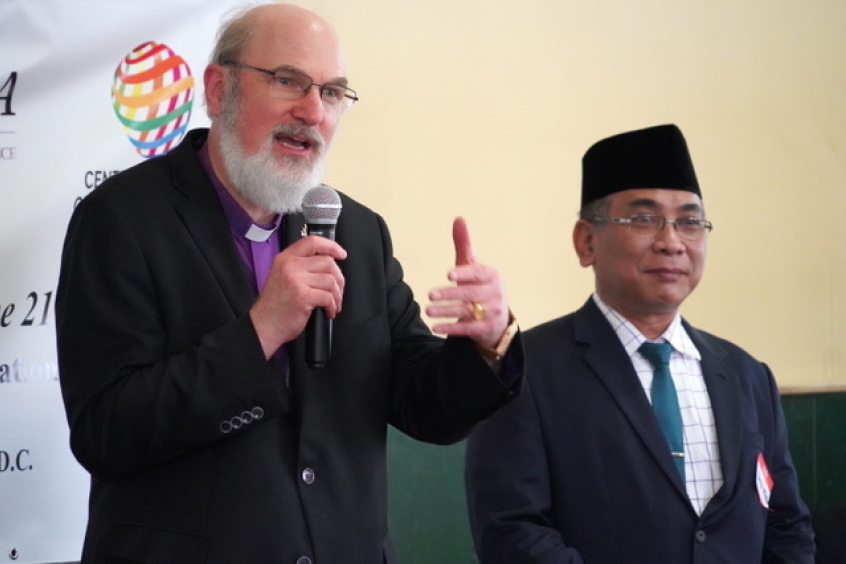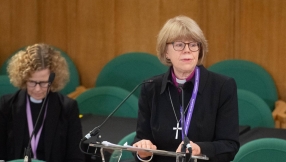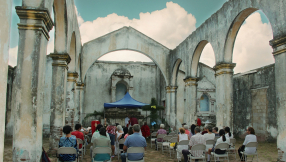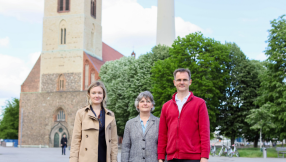
In an unprecedented move, an official main event at the latest G20 Summit will explore how the world's major religions should be involved in addressing pressing global concerns.
The G20 is taking place this month in Indonesia, a Muslim-majority nation, and the G20 Religion Forum - or R20 - is taking place as part of it from 2 to 3 November.
The forum takes the approach that religions are part of the solution and not the problem.
Key religious leaders from around the world will come together to discuss ways to prevent the weaponisation of identity and "infuse geopolitical and economic power structures with moral and spiritual values", organisers said.
The R20 has been created by Nahdlatul Ulama (NU), the world's largest Muslim organisation representing 120 million moderate Muslims and over 40 per cent of Indonesia's population.
In recent years, the NU has engaged with the Catholic Church and the World Evangelical Alliance (WEA) on interfaith relations and areas of common concern.
A recent successful cooperation between the WEA and the NU was the prevention of the introduction of Sharia law in The Gambia, West Africa.
WEA Secretary General Thomas Schirrmacher is among the religious leaders attending the forum.
Other items on the agenda during the three-day gathering include discussions around how people can be safeguarded from conflict-related violence and suffering, and how "honest and realistic" dialogue can be fostered within and between religious communities.
Archbishop Henry Ndukuba, Primate of the Anglican Church of Nigeria, Matthew Kukah, the Catholic Bishop of Sokoto in northern Nigeria, and Bashar Warda, Archbishop of the Chaldean Catholic Church in Erbil, Iraq, are among the speakers.













